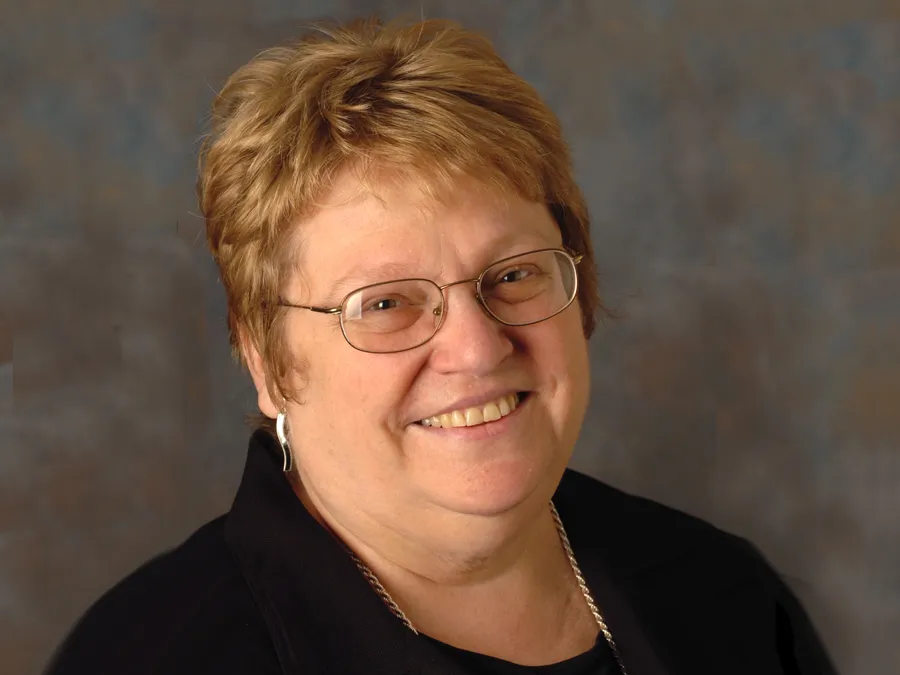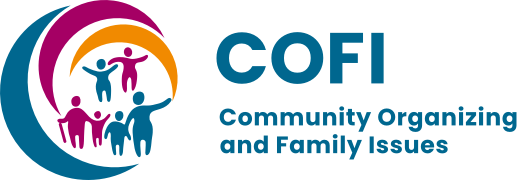Nancy Shier

You have to dedicate time. That’s what COFI does.
Nancy Shier and her staff worked closely with COFI staff and POWER-PAC parent leaders on early learning policy, particularly those related to hard-to-reach families. The organizations came together after POWER-PAC published Why Isn’t Johnny in Preschool?—a report that detailed the findings of a door-to-door survey of 5,000 low-income parents in African-American and Latino communities. At a subsequent forum in Englewood, POWER-PAC presented its recommendations for overcoming the preschool access barriers they had uncovered in their research.
After they did that report, we were very impressed. We thought it would be very helpful to the work we were doing on the Early Learning Council that was related to hard-to-reach families. We reached out to them—or they reached out to us, I don’t remember. But we decided we should work together.
On the Early Learning Council, there was a decision that we had to get some parent participation that was authentic and involved parents who participate in or who are eligible for the programs. That’s how Gloria Harris [of POWER-PAC] became a member, and other parents joined the Council’s hard-to-reach work group. COFI really brought a lot to the work group and played a very important role. Recommendations from that work group went on to the full Council.
We’ve had some involvement with COFI’s efforts around the recess campaign, giving legislative advice and trying to connect them with others who were interested in the issue. It’s a bit of a challenge to be successful when you don’t have a full time person in Springfield. You’re taking on big powers and trying to regulate their behavior. That’s always hard.
The success of COFI’s model is tied to the effort they’ve put into starting at the beginning, where parents are in their lives, helping them get involved and exposing them to various things. Then COFI brings parents along to the next level of involvement, and then the next level of involvement, until they are ready to be an active participant around policy.
Bringing parents through the process that COFI does has shown success that I haven’t seen much of elsewhere.
Most of the policy work in early childhood—and on K thru 12—is driven by professionals in the field—advocates and program people. What missing, though, is hearing from parents, the target audience that the education programs are intended to serve. We need to hear about the issues and the strengths and the barriers that they see. We need to hear parents’ insights into why it’s so difficult to engage parents in certain programs.
Often it’s challenging to engage one or two parents sitting on some advisory committee where a lot of the language is jargon and acronyms. You have to dedicate time to support parents. That’s one of the things that COFI has the capacity to do and does well—working with parents before meetings, making sure they’re up to speed, and then debriefing with them afterward.
We have some parents on the Council’s home visiting task force. We provide financial support by paying for babysitting and transportation. But we don’t do that kind of support before and after the meeting that is really critical. There’s another work group that is completely dominated by childcare providers and advocates. There are no parent members. Whenever they want to try and get the parent voice, they go to the most active providers and have them convene some sort of parent meeting. This is the perfect example of a system that is completely about parents and their voice is really not heard.
When parents’ voices are missing, policymakers don’t know what parents want. At budget time, we make decisions all the time about what’s important and what’s not, about what to cut and what to keep. But none of that is informed by the voices of the people who participate in the program.
Another underrepresented voice in early learning is from immigrant parents, particularly in childcare and early intervention services. It would be very good to hear the voice of the people.


 COFI
COFI